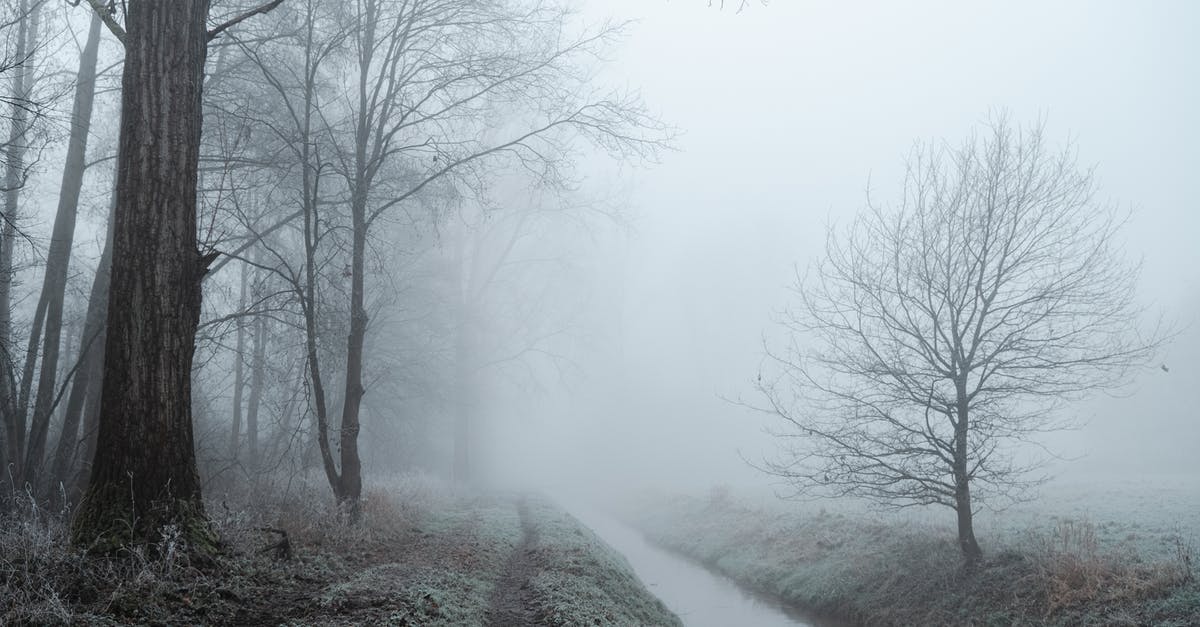Etymology for Atronach?

What is the in-game origin of the terms Atronach and Atromancy? Do they have any realistic origin, or did they just come to be?
Best Answer
We don't know
Atronachs are a subset of the Daedra. We know from the lore book Aedra and Daedra that "Aedra" and "Daedra" are Aldermi (i.e. Elvish) words meaning "ancestors" and "not our ancestors" respectively. However, no such etymology is given for "Atronach".
We also know that Atronach are also known as "Elemental Daedra" (Darkest Darkness) and the Atronach constellation is also known as the Golem (The Firmament). But in both these cases, these are clearly alternate names and not translations from another language.
There is unfortunately no clear out-of-universe etymology either. The word "atronach" is not a real word and has no obvious relation to another word. It appears to be an original creation of the developers of the series.
Pictures about "Etymology for Atronach?"



What does Atronach mean?
An atronach is one of several species of Daedric creatures or golems, made up almost entirely of a single, pure substance. The name is sometimes applied to man-made constructs that resemble atronachs, but are not Daedra; these creatures are more properly called golems.Is Atronach a real word?
The word "atronach" is not a real word and has no obvious relation to another word. It appears to be an original creation of the developers of the series.How many Atronachs are there in Skyrim?
The three atronachs found in Skyrim are all relatively humanoid looking, similar to most other Dremora from Oblivion. However, the Flame and Storm Atronachs have something that the Frost Atronach doesn't: A face.What counts as an Atronach Skyrim?
Atronachs are elemental Daedra from the planes of Oblivion. They can be summoned by mages to do their bidding, but are occasionally found in the wild by themselves. The Atronach will stay around for a certain amount of time before returning to their home plane or until they are killed.ELEMENTAL DAEDRA - The Atronachs - Elder Scrolls Lore
More answers regarding etymology for Atronach?
Answer 2
I was thinking that maybe I could translate bits of the word at a time, but it seems that is mostly ineffectual at best. In Latin, "Atra" means "Black", so I thought I could perhaps change it from a feminine into a masculine, which changes it to "Dark", which vaguely fits, if you stretch it, as they are Daedra.
Alternatively, "Atra" also sounds a bit like "Astra", which is "Stars" in latin. I feel that this is a far more plausible root for the syllable, as Stars have had a significant part in Elder Scrolls lore for a long time, with there even being a constellation called "The Atronach".
Next, "Nach" is German for "After", which doesn't make much sense to me. But "Nach" sounds very similar to "Nacht", which is German for "Night", which fits together with the Astra from earlier. "Atra" in German is "Bone Dry", so take from that what you will.
Therefore, if we mix the Latin "Astra" with the German "Nacht", we have AstraNacht. If we use the English version of Astra, Astro, which relates to stars, then we have "Astronacht", or "Starry Night" as I interpret it. Then if we remove two letters, we have "Atronach".
However, we could also take the original Latin "Atro", meaning "Black" and combine it with "Nacht", to get "Atronacht", which I interpret as "Black Night". We could take this further if we wish by adding a K to the Night, giving us a word with the same pronunciation, but a different meaning entirely, "Black Knight".
So the translations I can come up with are as follows: - "Starry Night" - "Black/Dark Night" - "Black/Dark Knight"
I feel like I might have gotten close at the very least, as some of these names really fit Atronachs, though one could argue that they fit most Daedra in general.
Sources: Stack Exchange - This article follows the attribution requirements of Stack Exchange and is licensed under CC BY-SA 3.0.
Images: eberhard grossgasteiger, Deepak Bhandari, Laura Paredis, Marina Solis
